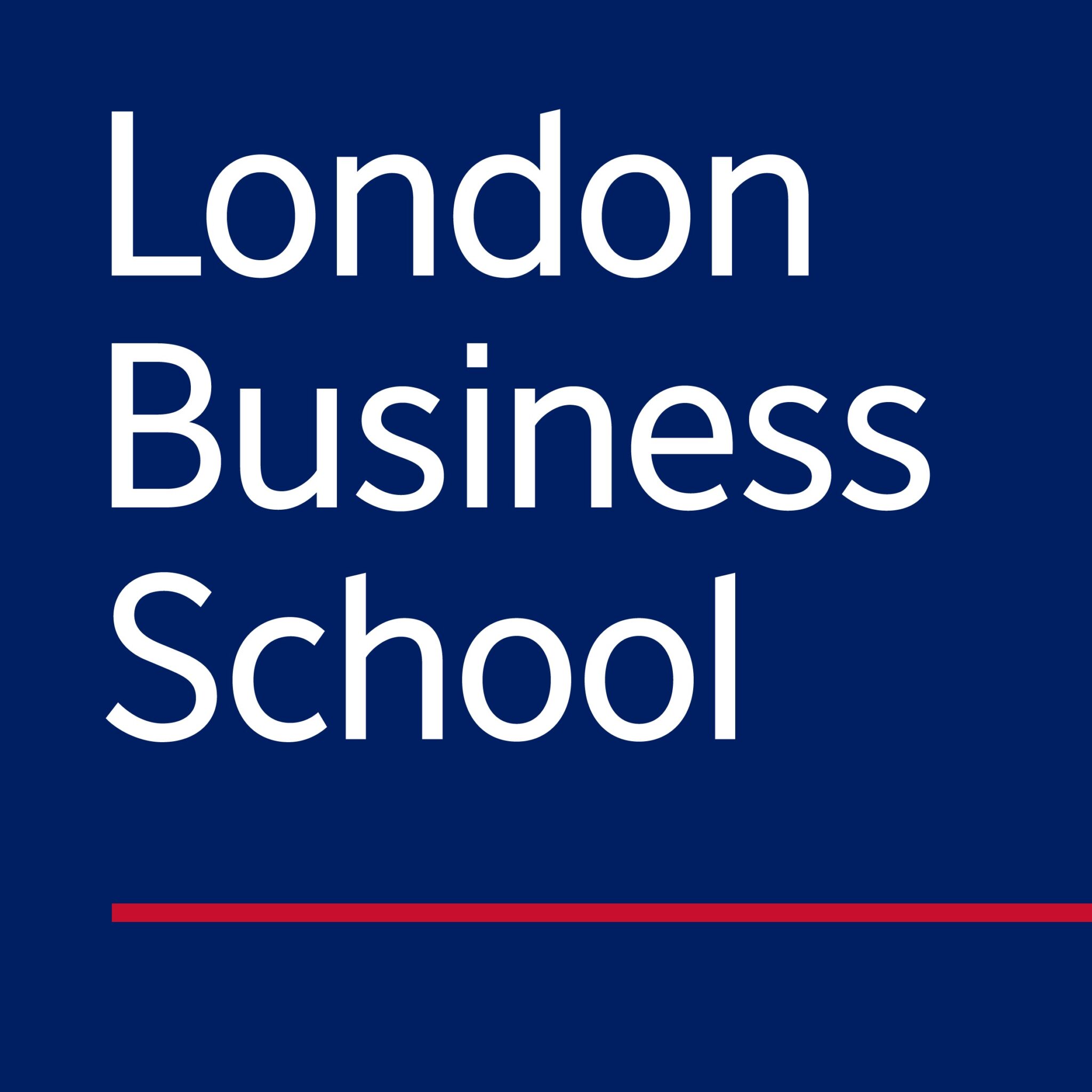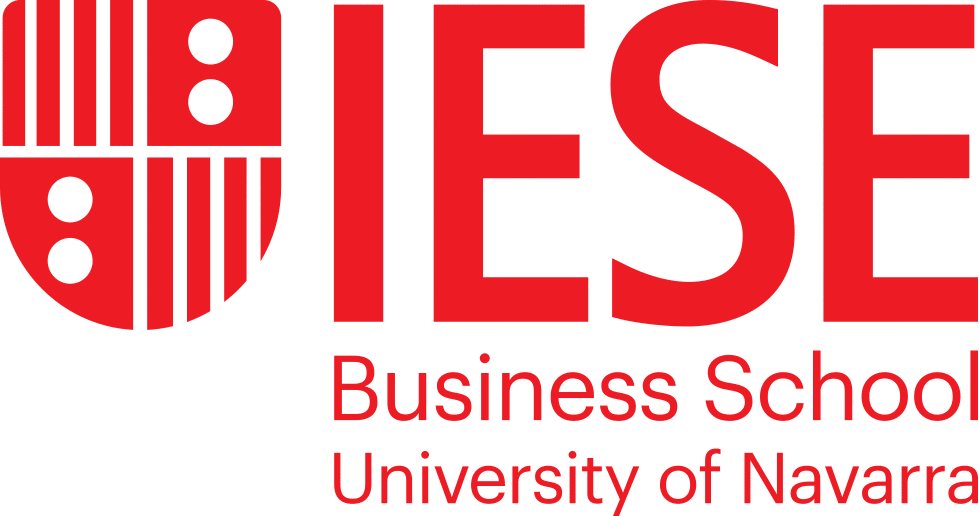When looking at the profile of PE Analysts or Associates in Europe, most tend to have similar characteristics: one or several M&A internships, maybe a PE internship on top of this and then 2 to 3 years in investment banking in a large bank. A minority of more “diverse” candidates would have hailed from MBB firms or elite boutiques as ex-Consultants and more recently, a few Accountants from Transaction teams in Big 4 also seem to be making the cut. In Continental Europe and in France especially, you also are very unlikely to have gotten there without a top undergraduate degree in a quantitative subject. In that sense, my background was extremely uncharacteristic for a PE Analyst, especially in a large and reputed fund. My undergrad was in Law from Oxbridge, I later got a Masters in Economics from an Ivy League. I did not go into IBD, I did not go into MBB. I worked as a Consultant, first in a well-regarded boutique firm in Paris, and then in a small, unknown to most PE firms, Consulting boutique in London. Let us not forget a gap period between the two consulting roles. I somehow still made it into a leading European Tech fund in London, joining their the mid-market team. Is that to say that as a “non-traditional” candidate, you have exactly the same chances as any of the sweet spot candidates to make it there? In all honesty, and having been in those shoes, no. The cold truth is that as a non-traditional candidate, you will have fewer cards to play in an incredible competitive field, meaning that whatever cards you indeed hold, need to be played to perfection. For me, it was a long, frustrating and difficult path and in all honesty, was probably bumpier than it would have been for an ex-Banker, an ex-MBB – or if I have had early access to selected and targeted high-quality information to guide me better through the pitfalls of the recruiting process in Europe.
I had initially entered my Masters’ in Economics with the intent of pursuing a PhD in Economics and maybe do research later for an Economic Think Tank or preferably for the World Bank or the IMF. I realised during my first semester that a 5-year PhD would probably not be the life for me. I enjoyed analysis but my Master’s thesis had inspired me to focus on areas that would also be a bit more action-orientated. A few weeks to the end of my programme, we had a few alumni coming over for a presentation. One of them had worked at the IFC – the Investment arm of the World Bank, where they were leveraging Private Equity strategies to finance transactions that changed communities especially in Healthcare and TMT. The alumni explained their background: undergrad in Finance, Masters in Economics, a few banking internships, a few years in M&A, a few years in a large cap PE fund as a Generalist before moving onto their Impact Investing Team and finally the IFC. There it was – what I wanted to do “when I was a grown up” (at 22-year-old, it was about time). This looked indeed exactly like the type of career I wanted, with enough analysis to keep my brain engaged and enough action to feel I was making a difference. The issue was, at that point, my background was only made of a few law internships, a research externship for a South Africa-based consultancy, and a stint in marketing and project management in the summer prior to moving to the USA. I first thought that having done research on Impact Investing would position me well for Analyst roles at the IFC. But apparently, they were more interested in meeting people with a full-time M&A stint, followed by Private Equity experience. I personally was not really sure how the whole M&A internship process worked – most of my class, a research-oriented Masters, did not care one bit for banking. They were all heading to Stanford, Harvard, LSE, Oxford, MIT to do pre-doctoral research. I did not dare asking the Director of my program either as I did not want to appear a sell-out and finally, I felt too embarrassed to ask people at the School of Management as I feared nobody would take me seriously. By all accounts anyways, by March, it was too late anywhere to apply for a role for that summer. I tried my luck for entry level full-time roles, with no more luck as all required that critical prior relevant internship experience.
Upon returning to Paris in the summer, I started applying to various roles in finance, hoping to get an internship for September. I had no real idea how to get there as I had not developed the right network for this type of roles back at University. I think at that time that I really would have welcomed accessing BIPE (Break Into PE) which would have catered to my interest but lack of exposure to this specific arena. My only prep material was my set of notes from the Valuation and Financial Accounting Class I had taken in semester 2 of my masters as one of my electives. I got lucky to obtain a Leveraged Finance interview with a fairly large asset manager in Paris. I was very excited because I had read on some internet forums that Leveraged Finance offers some good exit opportunities in Private Equity. My preparation was clumsy to say the least: I was still trying to figure out the subtle differences between various areas of finance and explaining convincingly my motivations was a bit tortuous. On the technical front, I had limited understanding of how much depth was expected. I reviewed again my accounting notes from University the day before and I went to the interview… While I could credibly answer questions on Enterprise Value, Equity Value or debt types, when it came to more practical things, I did struggle a lot.
I believe that having a place like BIPE would have been a powerful starting point to my interview plan and would have helped me concretise some of those early opportunities by getting a better sense of the preparation resources available. What I really needed when I started, was not the overload of (often unverified) material I faced: I would have needed a platform that centralises vetted information on all you need to expect for Private Equity recruiting in Europe. I would have also welcomed the opportunity to get direct advice from experienced industry professionals with exposure to the European scene. Instead, I spent an inordinate amount of time on various online forums presenting information of inequal (and sometimes questionable) quality or even veracity, spending hours combing through message boards for advice. I often took unsubstantiated guidance from posters that could write convincingly but, as it later turned out, did not seem to know much about what they were saying. A good recommendation that came up from those hours online, was to get a copy of Pearl & Rosenbaum’s “Investment Banking” book: the book was indeed very complete and seemed accessible to a Liberal Arts graduate with not much finance exposure and was the first game-changer in my preparation. I then spent ten days going through the book every day, and combed every single part, sometimes referring to online boards when I was in doubt with some concepts. I would dedicate roughly 2 hours looking for job opportunities everywhere in the world and refining my cover letters, tweaking slightly my resume for different roles then 3 hours going through the P&R’s book, 1 or 2 hours on forums to learn about the industry. Later in the summer, I got two interesting interviews via online applications: one in the M&A team of a Big 4 and one for a PE Analyst role in a large family office. Both were in Paris, both were internships. This time I was ready, I had done my homework – I knew the type of questions they would ask, I knew how to answer. I ended getting both opportunities and had to pick one. The Big 4 opportunity could potentially lead to a full-time role. The PE Analyst role did not. But it was in PE… also, the online forums kept on hammering how Big 4 (including Transaction teams) were the worst choice if one ever wanted to break into PE full time (as it would turn out, this was one of these pieces of disinformation I wish I had not listened to and for which I wish to have had access to a more credible platform for expert advice).
The PE internship went beyond my expectations. The team I worked with was lean and I got to participate in everything: I read incoming CIMs, would form an opinion and prepare notes. I helped with research, attended meetings with Consulting firms, worked on operating models and towards the end of the internship I was left to update a few small LBOs. This convinced me that PE was absolutely what I want to do. At this point, although I knew I would have to search for a job right after, I did not care – seeing for myself what PE is really about seemed worth the risk. Two months before the end of the internship, my Mentor took me for lunch and asked about my plan after the internship. I said I wanted to continue in PE, ideally in London. We talked about the different ways to get there, with Investment Banking and Strategy Consulting being the two main avenues to junior investment professional roles. Given how much I enjoyed reading the CDD reports from our consulting advisors, it looked to me that it made more sense to focus on Consulting interviews (I would later find out this also was a mistake – my answer should have been to be open to both). Ultimately, I joined an elite boutique in Paris.
There I was, the road was finally laid down for me: I would be doing my two or three years in Consulting, in one of those firms the online forums said had some decent exit opportunities in PE and then move back to Private Equity full-time. Everything would be easy flowing and a well-chartered road towards my dream career from then on.
Well, actually…no. In Part 2 of the series, I will tell you about everything that went wrong in the next three years of my career and how a set of unfortunate decisions almost entirely derailed my plans, taking my background from “non-traditional” to “frankly weird”.





